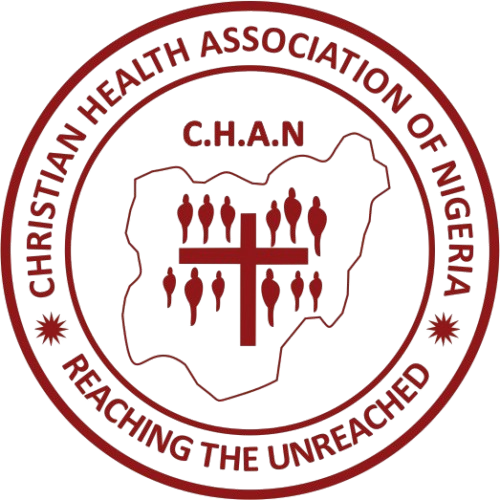Difaem Project
Project Mission
To enhance the prevention, control, and management of COVID-19 in health facilities and communities across Nigeria. By equipping Mission Institutions (MIs) with essential medicines, PPE supplies, and oxygen concentrators, and through active case identification, surveillance, and community mobilization, the project aims to strengthen health system readiness and response. Through training, sensitization, and media outreach, it seeks to empower healthcare workers, religious leaders, and the public to mitigate the impact of COVID-19, fostering collaboration and resilience in the fight against the pandemic.
IPC Measures (Preventing the Spread of COVID-19)
The project was executed by CHAN for 10 Member Institutions. The goal of the project is “Improving Infection Prevention and Control (IPC) Measures in Health Facilities as a response to preventing the spread of COVID-19 and provision of portable water through borehole drilling.”
The major activities of the project included the provision of motorized boreholes for 10 MIs with stationed tanks and reticulation; establishment of handwashing stations; set-up and training of borehole maintenance committees; formation and training of IPC Committees; and adoption of appropriate waste management practices with the use of three color-coded buckets.
The project has been successfully completed with the exception of St. Vincent Hospital Aliade in Benue State, which has a very difficult terrain requiring special depth drilling and a much larger budget. For this reason, CHAN advanced the budgeted fund for the facility to co-fund the project.
Over 40 HCWs benefited from the IPC trainings held during the implementation of this project, while 20 more people from the communities joined and also benefited. The HCWs trained included Doctors, Nurses, Laboratory Technicians, Hospital Aides, and Hospital Morticians.
The maintenance committee, headed by the facilities’ in-house plumbers, was trained on how to use the motorized borehole, what to look out for when operating it, and when to call for technical expertise. Each facility was handed a borehole maintenance handbook to guide them on the levels of maintenance they could carry out by themselves and which signs required more technical attention.
All the facilities purchased the requested and appropriate IPC materials. Items purchased by facilities included color-coded waste buckets, bin liners, detergents, sanitizers, handwashing solutions, sharps containers, wash hand basins, wash station buckets, and pedestal bins.
The official commissioning and handing over of the boreholes were successfully done, with all the benefiting MIs very appreciative of the donations. The facilities have since assumed full responsibility for the donated and commissioned boreholes. However, there were some challenges identified during implementation, for which amicable and creative solutions were adopted to address them and supervise the activities being implemented at the facility. Dr. Ezekiel, along with the IPC committee of Baptist Medical Center, participated actively in the training at the facility.

